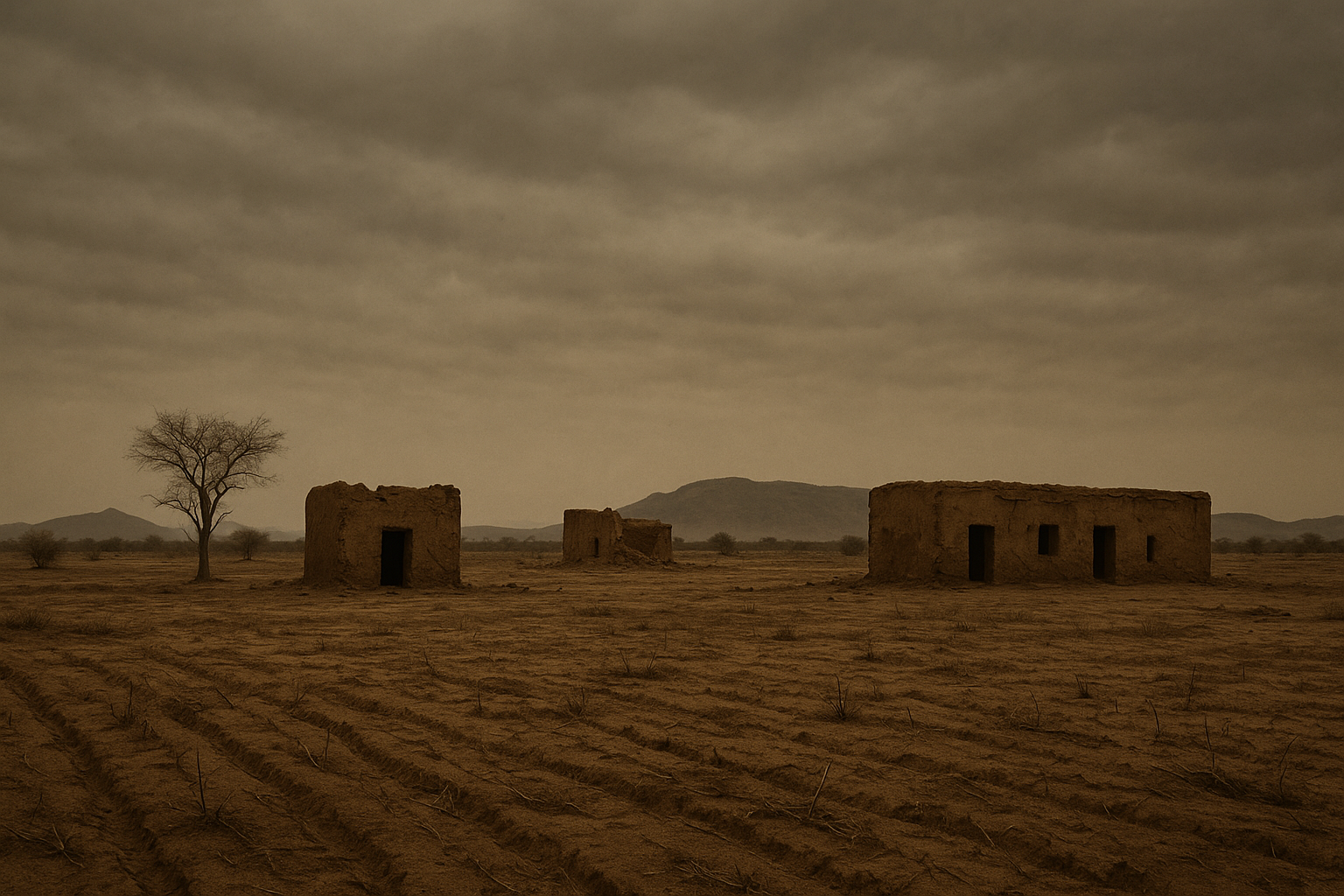Sudan Faces Humanitarian Crisis Amid Ongoing Violence and Displacement
Sudan is grappling with a severe humanitarian crisis marked by mass atrocities, violence, and displacement, particularly in the city of El Fasher, North Darfur region. The situation, which has escalated since the onset of the Sudanese Civil War in 2023, is rapidly deteriorating, with reports detailing an alarming lack of basic services for displaced persons and refugees.
Background and Context
The ongoing conflict in Sudan has taken a heavy toll on civilians, especially those in El Fasher. Since May 2024, the city has been under siege by paramilitaries, trapping some 800,000 people1. The warring factions have been accused of indiscriminate and ethnically targeted violence2. Médecins Sans Frontières (MSF) and other organizations have released numerous reports highlighting the desperate situation, with civilians at risk of mass killings and starvation3.
Escalating Crisis in El Fasher
According to the reports, the daily fighting in the city is putting lives at risk, with the threat of a full-blown assault looming2. MSF, in its report titled, Besieged, Attacked, Starved, outlines a grim picture of the current situation. The report states, Civilians continue to be the main victims of assaults
and emphasizes the urgent need for attention and response4.
Reports also suggest that the humanitarian crisis is worsening, with hundreds of children succumbing to malnutrition and soaring commodity prices5. The United Nations (UN) has described the situation as a 'bloodbath', warning of the risk of mass atrocities3.
Attempted Ceasefire and Rejection
In an attempt to alleviate the crisis, U.N. Secretary-General António Guterres proposed a week-long humanitarian truce to facilitate aid distribution. He reached out to Sudanese military leader Gen. Abdel-Fattah Burhan, asking for a pause in the fighting6.
However, the proposed ceasefire was rejected by the paramilitary Rapid Support Forces (RSF), leading to renewed artillery strikes in El Fasher5. The refusal has further fueled the crisis, increasing the risk for civilians.
Current Status and Implications
The ongoing crisis in Sudan, particularly in El Fasher, shows no signs of abating. The rejection of the UN-proposed truce by the RSF suggests that the violence and displacement may continue, exacerbating the humanitarian crisis. As the international community grapples with the situation, the fate of the hundreds of thousands of people trapped in El Fasher hangs in the balance.
-
Le Monde ↩
-
AllAfrica.com - Mass Atrocities Continue in El Fasher Sudan ↩
-
AllAfrica.com - Civilians in Sudanese City El Fasher 'At Risk From Mass Killings and Starvation' ↩
-
AllAfrica.com - Besieged Attacked, Starved - Mass Atrocities in El Fasher ↩
-
AllAfrica.com - El Fasher Clashes Continue As Sudan's RSF Rejects UN Truce ↩
-
The Hindu - Sudan's military accepts UN proposal for a week-long ceasefire in El Fasher for aid distribution ↩

